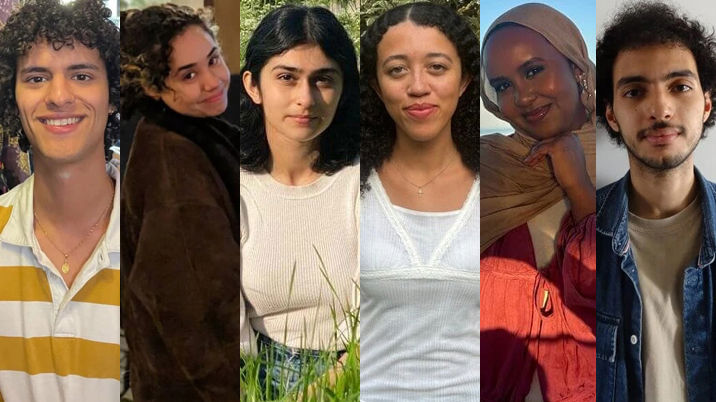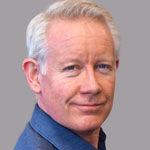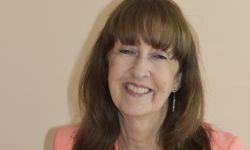
For anyone who has been in the industry a while, it can sometimes be hard to recall what drew them into journalism in the first place.
The Guardian Foundation recently announced the latest recipients of their bursary scheme, who will each receive financial support as they begin their MAs in journalism this month.
On receiving their bursaries, the six students gave some insight into why a career in journalism appeals to them and what they hope to achieve.
For Sundus Abdi, her career choice was obvious from an early age: “As a child, I would immerse myself in newspapers and documentaries to expand my shrunken sense of the world. This curiosity, paired with my long-standing love for writing and storytelling, led me to pursue a career in journalism.”
She wants to use journalism to advance the causes she feels passionately about: “Working with refugees and people seeking asylum in the charity sector further enlightened me about the realities faced by refugees and people seeking asylum. This experience deepened my dedication to social justice and motivated me to highlight the more uplifting stories of those demonised by the media.”
Priya Bharadia’s direction of travel was also evident early on: “I was nicknamed ‘Question Girl’ as a child for incessantly asking about the ‘whys’ and ‘hows’ of the world. Even now, I find it incredible that I can spend my career, as a journalist, endlessly learning and asking questions about the world.”
But she enters the profession with her eyes wide open: “For a pillar of democracy, newsrooms often fail to reflect the public they are built to inform and serve. Improving diversity in newsrooms should not be about fulfilling a quota. Our presence enhances the quality of the reporting itself. We illuminate long-established, editorial blind-spots and unlock angles of reporting that can better reflect our rapidly-changing world.”
Yassin El-Moudden understands why journalism is important but wants to help put right what he sees as media misrepresentations and under-reporting of certain stories: “The world continues to go through turbulent times, and it is precisely in these moments that the need for accurate and ethical journalism is at its most urgent. Yet, these same moments have also highlighted a dissonance across media coverage that then plays out in the public discourse. How do some groups become dehumanised? Why do certain events make the front page whilst similar stories are left scrapping for a line or two? As a journalist, I want to get to the heart of how these narratives are formed and do my best to ensure that the people who feature in the media are able to shape how the media features them.”
Leyla Reynolds also sees journalism as a tool to further the causes she believes in: “The desire to develop my career in the media has been drawn from seeing the importance of effective communication to challenge the status quo. I hope to provide a class based analysis to data journalism in future...
“I want to bring a class-based analysis to cultural critique, something which I see lacking from the majority of media publications... Good journalism illuminates and I want to provide critiques that encourage people to take a look at culture through a critical lens.”
For Sinead Campbell, a passion for writing was evident even before she knew that journalism was the right outlet for it: “Whilst I was studying for my undergraduate degree, I began writing features and essays for independent blogs online. Although I hadn’t seriously considered becoming a journalist at that time, the idea of writing and editing for a media publication persisted.”
Isaaq Tomkins also caught the bug as an undergraduate: “Whilst at university, I realised that journalism was a career which would let me keep doing the things I’ve always enjoyed. I want to spend my time meeting people and telling their stories, scrutinising power and finding ways to get better at doing it.”
He is also excited about exploring new ways of telling stories: “I’d like to gain more quantitative skills and learn about presenting my work in formats other than the written word.”
There are common characteristics running through the six students: passion, a keen awareness of injustice and a desire to put it right, a belief in journalism as a power for good, an awareness that today’s media is not perfect but a determination to help improve it.
I would say that that’s a pretty good place for any aspiring journalist to start.(Quick reminder: our next webinar — Optimising sales: what strategies are driving success for publishers? — is next Tuesday. Click here for more information and to register.)
You can catch James Evelegh’s regular column in the InPubWeekly newsletter, which you can register to receive here.












